Blog
Blog
Insight into our work across the globe, as well as our thoughts and perspectives on the fight against leprosy today.
Sign up to receive TLM's quarterly Leprosy Insights Magazine, and receive information, news, insights, best practice tips, opinion pieces, and more straight to your inbox. Sign up today and read the latest edition below.
Blog articles
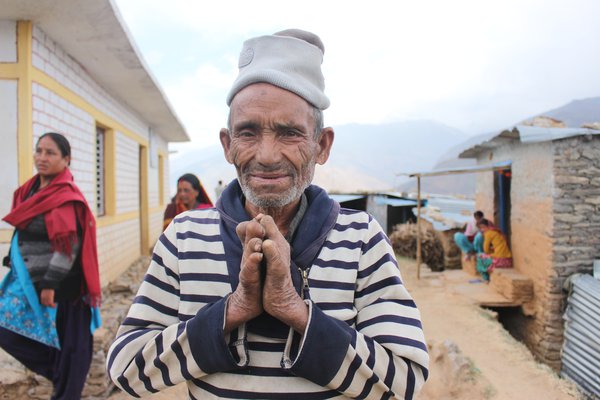
We live in a world of devastating inequality. Covid-19 has made that painfully clear. It has to stop.
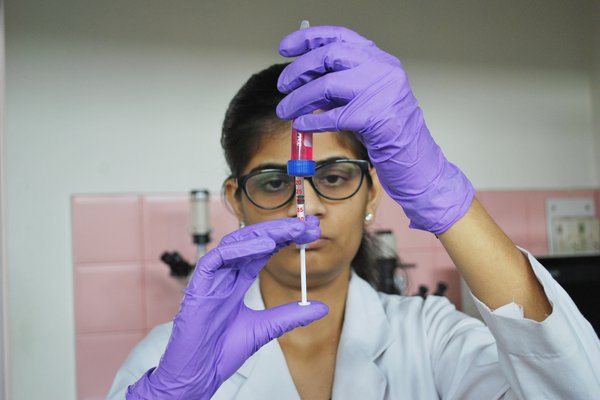
In some places Covid-19 has slowed down the work, in other places it has completely stopped the work.
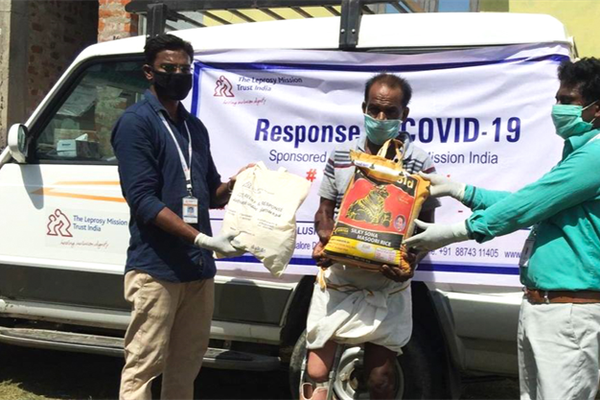
The Covid-19 pandemic has been a difficult experience for billions of people, but for people affected by leprosy, it has been a time of incredible difficulty. Our partners at GPZL have been looking into exactly what this means.
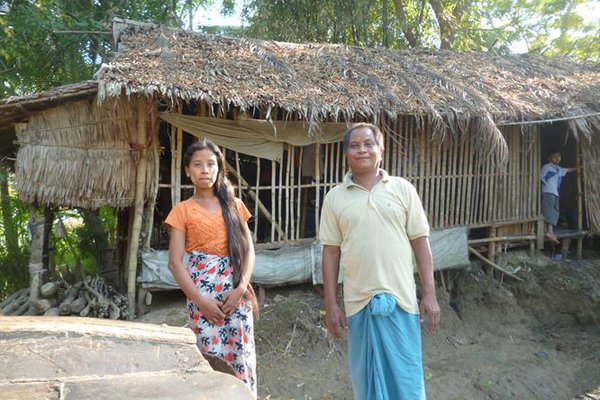
Our teams have been working hard to adapt the latest technology so that we can still offer all the support we can throughout lockdown.
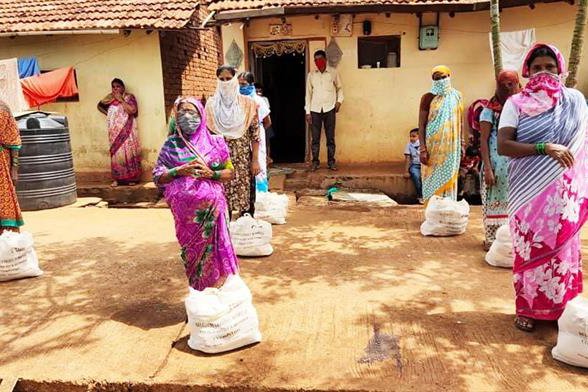
Despite the difficulties many of us are facing due to Covid-19, now would be the worst time to forget about people affected by leprosy.
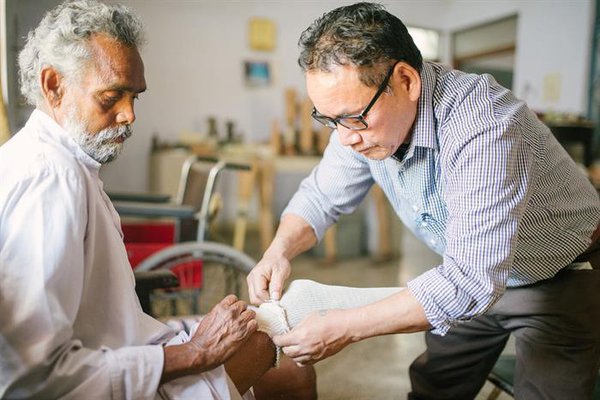
It is no coincidence that hardly any white people are diagnosed with leprosy.
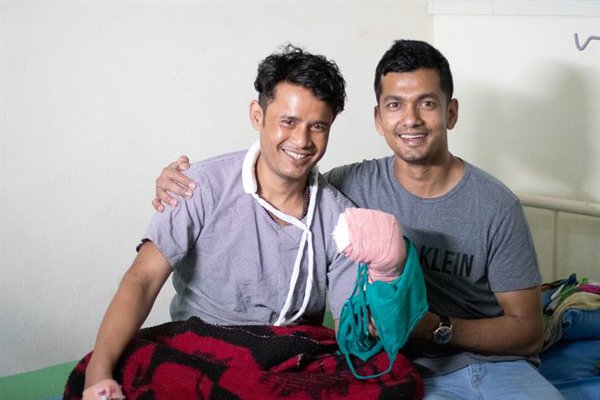
Throughout history, the odious term ‘leper’ has been used as an insult to those affected by leprosy
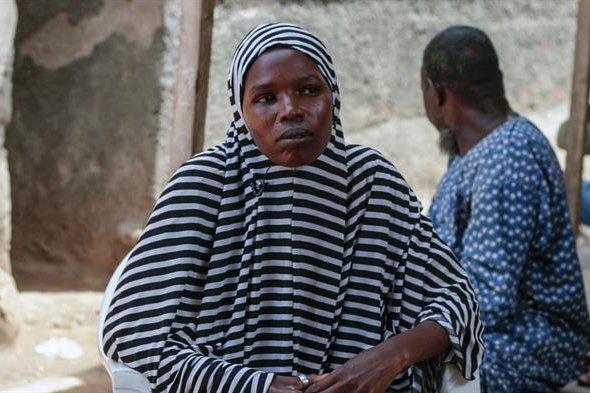
Karima has been learning to live amidst the lockdown caused by the Covid-19 pandemic. For her and her family it has become a question of survival.
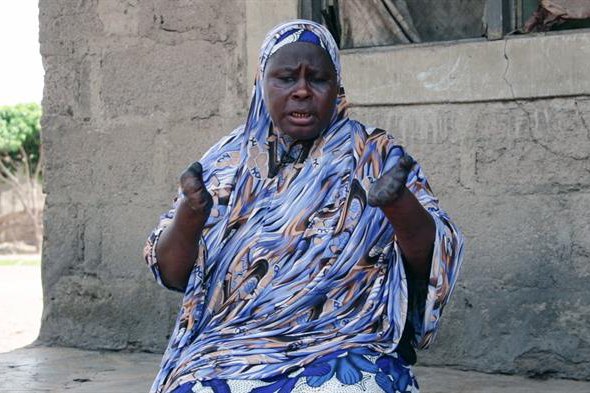
The most vulnerable in our world are being hit the hardest by Covid-19. If you doubt that, read this interview.
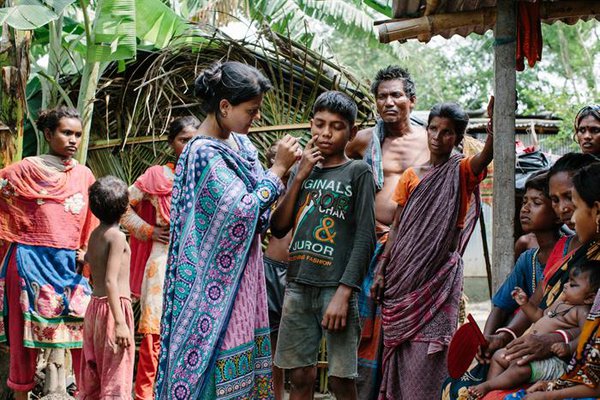
In recent months, we have heard plenty about how contact tracing is a key weapon in the fight to bring an end to the Covid-19 pandemic. The same is true for leprosy,.
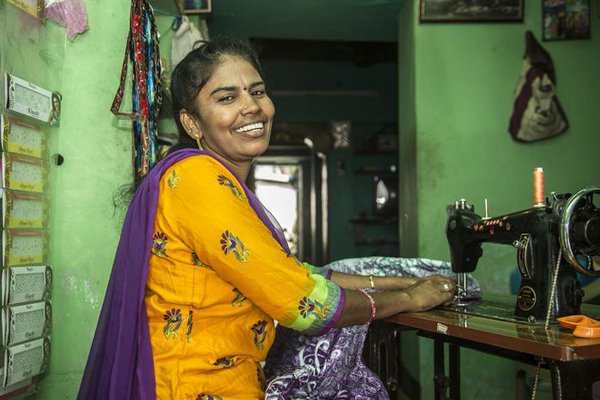
Leprosy is the oldest disease known to man, but we believe that we can be the generation that ends it for good. We believe that there will be no more cases of leprosy after 2035. But we need your support. Here’s how you can help.
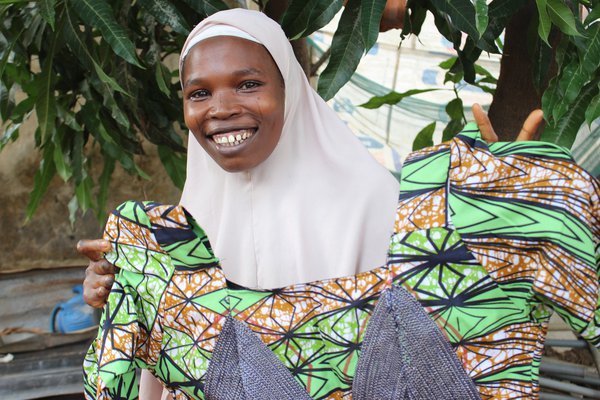
Leprosy is a mildly infectious disease that around 200,000 people are diagnosed with each year. When you look at the facts surrounding leprosy, it should not be regarded differently from any other mildly infectious disease – and yet it is regarded differently. Why is that?